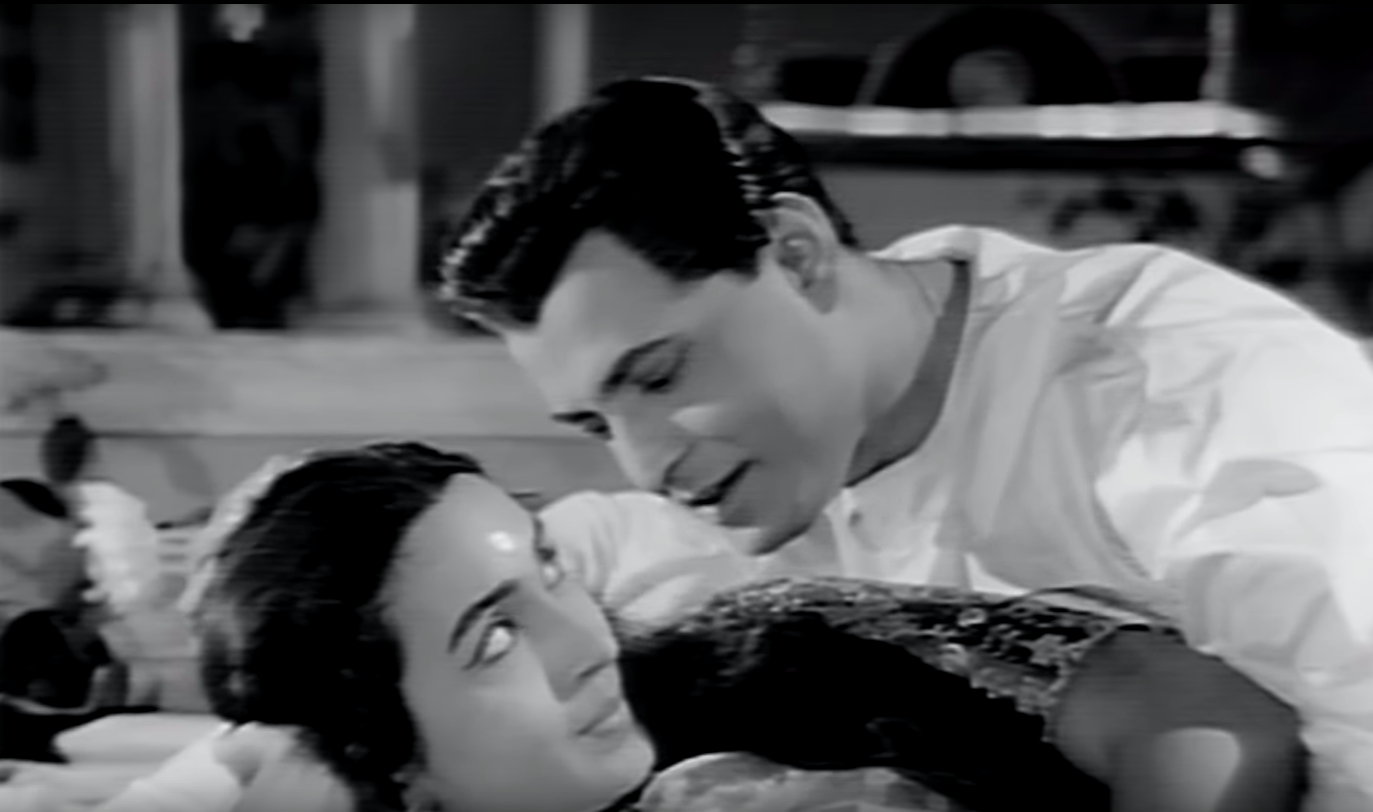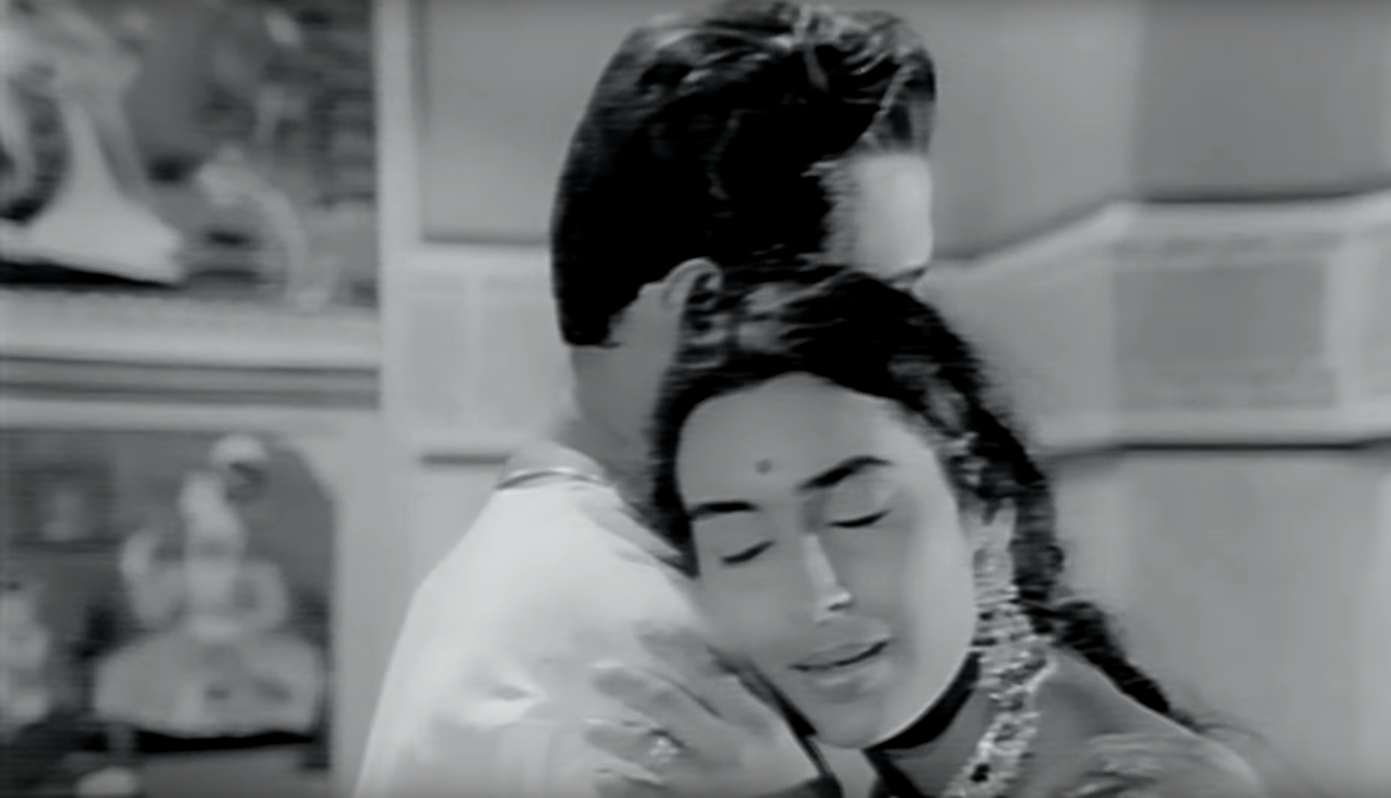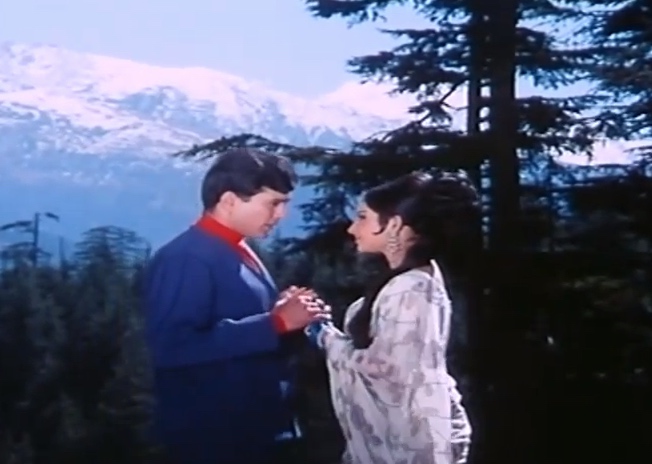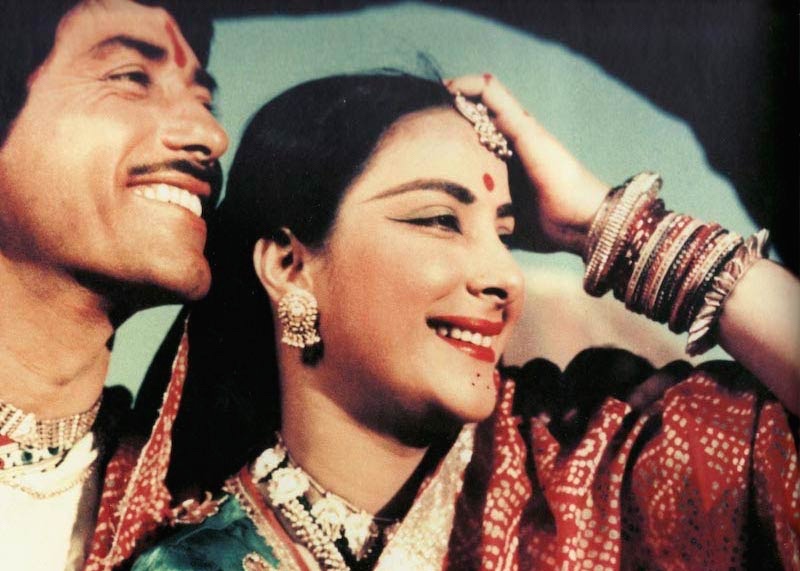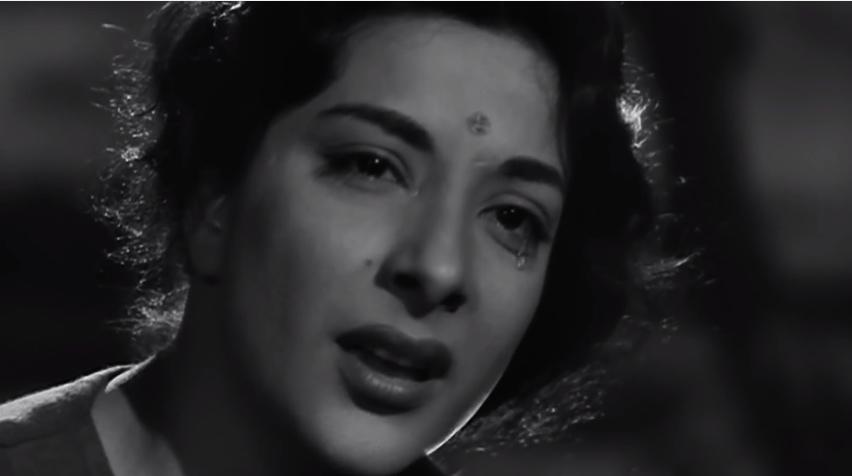
As the year draws to a close, the lyrics of “Maine Tere Liye Hi” from classic Bollywood film Anand (1971) seems a fitting note with which to reflect on everything that has passed. 2020 has been one of the most bizarre, tragic, and tiring years many of us have experienced. I say “many” to acknowledge that our grandparents, who actually survived far worse–whether the Partition of India or World War II–became among the greatest victims of the pandemic. As a physician, I always spend extra time with my elderly COVID patients who are alone just to talk, even when it’s hard to otherwise feel as motivated to dive into the abyss as we did in the Spring. If you haven’t called your grandparents this week, stop reading this post and call them now.
Finished your call? Did you tell them to watch The Crown and promise to eat a tablespoon of sugar before your next exam? Great. We’ll move on. “Maine Tere Liye” for me has the perfect blend of nostalgia, sorrow, and optimism to encapsulate the end of 2020. A truly must-see film (which I actually watched on zoom with a group of my non-Hindi speaking colleagues this year! A crowd-pleaser to say the least!), Anand (1971) unfolds the tale of a doctor (played by Amitabh Bachhan) whose cynicism of a failing medical system is dismantled by the joie-de-vivre of a patient (played by Rajesh Khanna) diagnosed with lymphosarcoma of the intestine. I was struck by how true Amitach Bachhan’s criticisms of healthcare delivery in 1971 India rang so painfully true in 2020 America: poor patients often cannot access the care they desperately need. Luckily, to balance out these profound, sobering thoughts, I was also struck by Rajesh Khanna’s impeccable comedic timing and, as always, his absolutely dashing good looks (why, yes, he drops his famous wink in this song so be ready to check your pulse!).

The soundtrack of Anand is as legendary as its performances, with hits like “Zindagi Kaisi Hai Paheli” and “Kahin Door Jab Din.” “Maine Tere Liye Hi” stands out uniquely as a poem of friendship: something everyone needs in 2020. With lyrics by Yogesh and music by Salil Chaudhary, playback singer Mukesh croons about relishing in memories of the past and awaiting a better future. We dedicate this song to all of our amazing readers with whom a deep love of music and film from a bygone era brings us together. We hope our English translation of “Maine Tere Liye” offers a bright moment to your day!
Maine Tere Liye Hi Lyrics & English Translation
Maine tere liiye hii saat rang ke sapne chune
I have chosen a dream of seven colors just for you
Sapne, suriile sapne,
Dreams, beautiful dreams
Kuch ha.Nsii ke, kuch gham ke,
Some with laughter, some with sorrow
Terii ankho.N ke saaye churaaye rasiilii yaado.N ne
These rich memories have stolen shadows of your eyes
Maine tere liye hi saat rang ke…
ChhoTii baate.N…
Small words…
ChhoTii chhoTii baato.N kii hai yaade.N baDIi,
Small words can leave big memories
Bhuule nahii.N biiThii huii ek chhoTii ghaDii
I haven’t forgotten even small moments that have passed
Janam janam se, aankhe.N bichaaye, tere liiye in raho.N mei.N
With every lifetime, my eyes are spread upon these paths for you
Maine tere liye hi saat rang ke…
Bhole-bhaale
Innocent
Bhole-bhaale dil ko behlate rahe
I kept amusing my innocent heart
Tanhaii mei.N tere khayalo.N ko sajaate rahe
In my loneliness, I kept adorning my thoughts of you
Kabhii kabhii to, aawaaz dekar, mujhko jagaayaa khwaabo.N ne
From time to time, my dreams called out to wake me up
Maine tere liye hi saat rang ke…
RuuThi raate.N
Upset nights
RuuThi huii raato.N ko manaayaa kabhi
Sometimes, I’m able to soothe the upset nights
Tere liye biiThii subaah ko bulaayaa kabhii
For you sometimes I call back the morning that has passed
Tere binaa bhii, tere liiye hii, diye jalaaye aaho.N ne
Ever when you are gone, for you alone, the lamps are lit by my sighs
Maine tere liye hi saat rang ke…
Glossary:
saat: seven, rang: color; sapnaa: dream; chunnaa: to choose; suriilaa: beautiful; ha.Nsii: laughter; gham: sorrow; aa.Nkh: eyes; saayaa: shadow; churaanaa: to steal; rasiilii: rich, delicious; yaade.N: memories; chhoTaa: small; baate.N: words; baDaa: big; bhuulnaa: to forget; biiThnaa: to pass; ghaDii: moment; janam: lifetime; bichaanaa: to spread, to lay; bholaa-bhaalaa: innocent, naive; dil behlaanaa: to amuse, to sweet talk; tanhaaii: loneliness; khayaal: thought: sajaanaa: to decorate, to adorn; kabhii kabhii: sometimes, occasionally; aawaaz: voice, jagaanaa: to wake up; khwaab: dream; ruuThaa: upset; raat: night; manaanaa: to placate, to soothe; subaah: morning; bulaanaa: to call; [kisii ke] binaa: without [someone]; [kisii ke] liye: for [someone]; diyaa: lamp; jalaanaa: to burn, to light: aah: sigh

This beautiful song was requested by long-time fans Prasad Sakhamuri and Sheza Iqbal. Thank you both for the very apt choice! As you’ve noticed, Mr. 55 and I have been busy in the hospitals this year, but we read all your requests and kind messages and respond as soon as we can! What classic Bollywood songs have inspired YOU in 2020? We’d love to know in the comments!
– Mrs. 55



